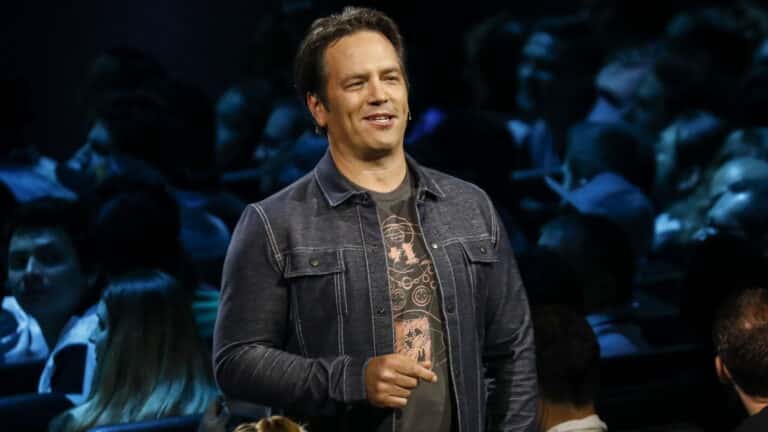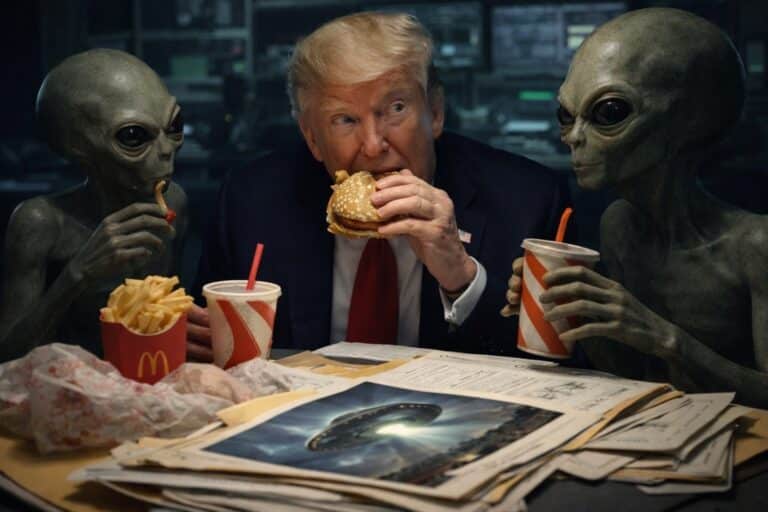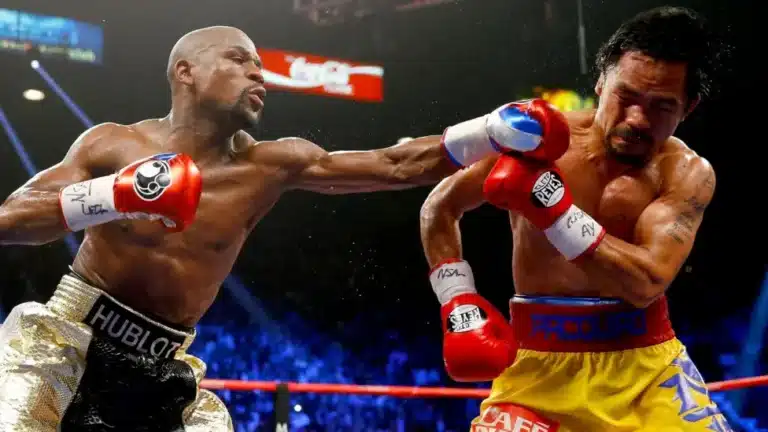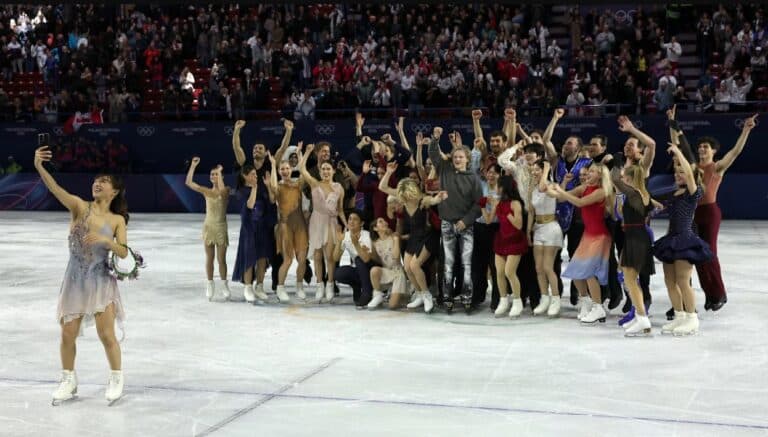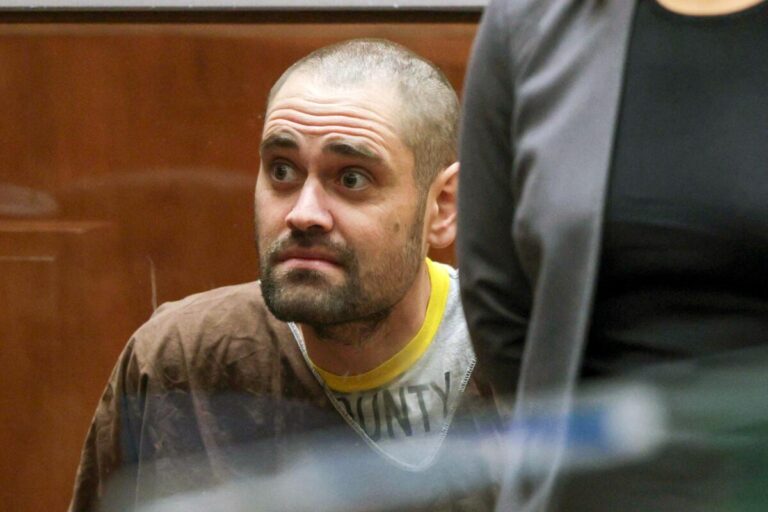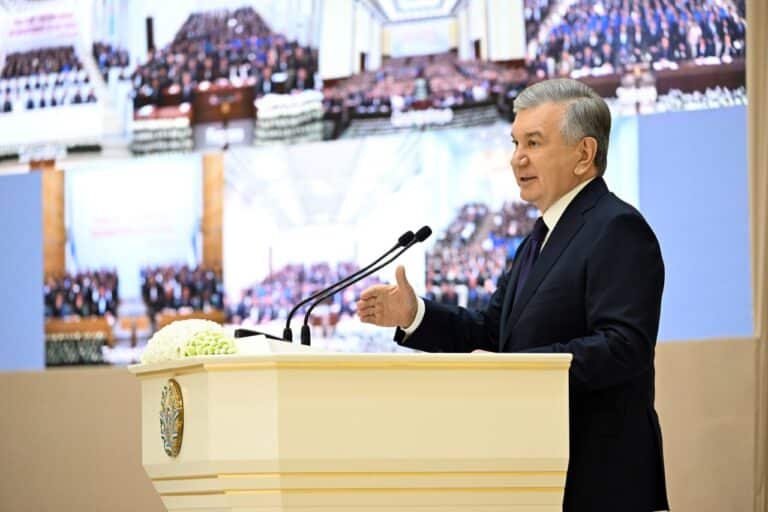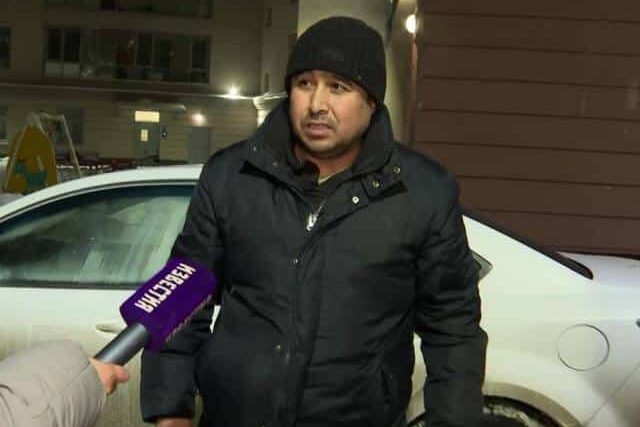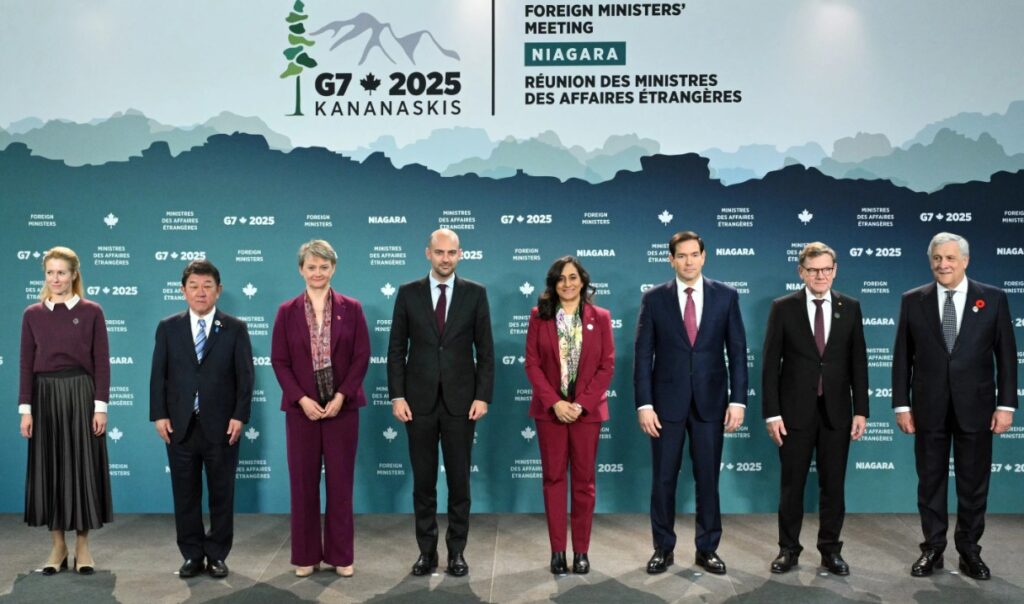
Top diplomats from the G7 met in southern Ontario as tensions with Washington flared over tariffs, NATO spending, and uncertainty surrounding President Donald Trump’s ceasefire plan for Gaza and efforts to end the Russia-Ukraine war.
Host Anita Anand, Canada’s foreign minister, said ties with the U.S. must «continue across a range of issues» as she welcomed U.S. Secretary of State Marco Rubio and counterparts from Britain, France, Germany, Italy and Japan. Australia, Brazil, India, Saudi Arabia, Mexico, South Korea, South Africa and Ukraine were also invited.
Agenda items include shoring up a Gaza ceasefire, Ukraine support, maritime security, Haiti and Sudan, plus supply-chain resilience and critical minerals. The U.K. pledged £13 mln ($17 mln) to repair Ukraine’s energy infrastructure ahead of winter; Canada recently announced similar aid.
Strains with Washington loom large. Trump has demanded 5% of GDP defense spending from NATO allies; Canada and Italy are furthest from the target, with Anand saying Canada will reach it by 2035. Trade frictions persist after Trump halted talks over an Ontario anti-tariff ad; Prime Minister Mark Carney has apologized and signaled readiness to resume negotiations.
Rubio said the U.S. focus is «putting the safety and security of Americans first,» while pressing initiatives to halt fighting in Ukraine and Gaza. A working lunch will center on energy and the 34 critical minerals Canada supplies that are key to national security industries.


